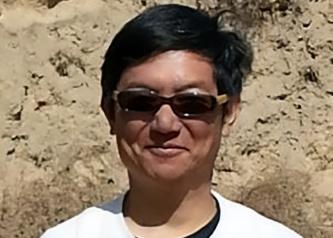

Associate Professor, Department of East Asian Languages and Civilizations
Yung-ti Li’s research interests focus on the archeology of Bronze Age China, including topics in craft specialization and production, especially section-mold casting technology, and the rise of social complexity, inter-regional interaction, and state formation in ancient China. His current work encompasses the study of state-sponsored craft production at Anyang of the Shang period, and bronze production at Houma of the Eastern Zhou period. He is currently running a field project in the Linfen Basin, Shanxi, China, which aims to investigate interaction between the local polities and the Shang capital at Anyang, Henan. Other initiatives include lab research on bone, lithic and bronze workshop remains from Anyang and other Bronze Age sites, and research on archaeological materials excavated in the 1930s by the Institute of History and Philology, Academia Sinica, Taiwan.
Li is the editor of Archaeologia Sinica Number Four: Ta Ssu K’ung Ts’un (Settlement and Cemeteries of the Yin-Shang and Eastern Chou Periods at Anyang, Honan; Gems of Yinxu: Catalogue of Selected Artifacts from Anyang in the Institute of History and Philology; and Historic Photos of the IHP Anyang Excavations: 1928-1937). His scholarly work has been supported by grants and funding from the Chiang Ching-kuo Foundation, the Henry Luce Foundation/American Council of Learned Societies, as well as the National Science Council of Taiwan.
Li received a BA from the Department of Chinese Literature at National Sun Yat-Sen University in Taiwan. He earned master’s and doctoral degrees in anthropology from the University of Arizona and Harvard University, respectively.